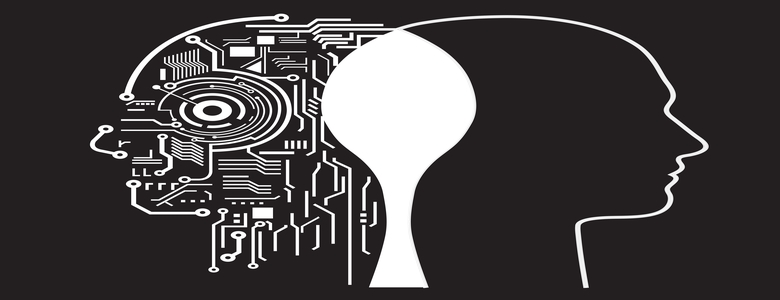Not an AI expert? No problem

- A basic understanding of the fundamentals of AI will help non-experts cut through the hype that surrounds the technology
- Industry giants now run the technology platforms which businesses need to operate; however, there is still room for smaller companies to shine by developing novel applications
- Although AI will eventually automate out certain engineering functions, human ingenuity and flexibility will still remain indispensable
In the battle of the tech industry buzzwords, artificial intelligence (AI) is still hanging on to top spot. But does its dominance mean that every budding tech entrepreneur or startup founder should attempt to become an expert in the technology?
According to an expert panel of AI practitioners and researchers, the answer is no. Instead, most people and businesses would benefit a great deal more by simply taking advantage of the many AI tools and services already available on the web.
“Unless you are a deeply technical person, or you have a lot of time on your hands, you will probably not contribute to advancing AI research,” said Mr Jason Strimpel, Head of Platforms at the tryb Group, a fintech company. “That puts you together with about 95 percent of people, who just use AI tools—of which there is an abundance—to do things. You can download extremely powerful software written by very smart engineers, and do deep learning.”
The wide-ranging panel discussion was held on 4 December 2017 as part of the Artificial Intelligence and Machine Learning Festival, a three-day event organised by INSEAD, SGInnovate and Impact Hub.
Moderated by INSEAD’s Professor Phil Parker, the panel also comprised (in addition to Mr Strimpel) Mr Sushil Anand, ASEAN Cognitive Lead at IBM; Mr Laurence Liew, Director of AI Industry Innovation at AI Singapore; and Assistant Professor Pham Quang Cuong of Singapore’s Nanyang Technological University (NTU).
Leveraging AI as a non-expert
That is not to say, however, that non-experts should allow themselves to remain completely ignorant of what goes on inside a piece of AI software, continued Mr Strimpel. On the contrary, gaining a basic understanding of how AI works will go a long way towards helping non-experts cut through the hype surrounding the technology. “Then you can have an intelligent conversation, control a company and understand what engineers are telling you,” he said.
Agreeing, IBM’s Mr Anand added that by educating themselves in the basics of AI, non-experts will also be better placed to think up commercially viable applications of the technology.
In an era where giant tech companies have made themselves indispensable by providing the platforms—operating systems and cloud computing, for example—on which other businesses operate, developing novel applications will stand smaller companies in good stead, said Mr Anand.
“Although [bigger companies] may provide the platform, the business value is still missing. For example, in the mobile market, the operating systems are iOS and Android. But it is the app business that is transforming the industry and ruling the roost. So I would say that applications have a lot of scope,” he explained.
AI Singapore’s Mr Liew added that non-experts with an interest in AI can still take the plunge by finding a co-founder or chief technology officer with the necessary technical expertise. “I think that if you really want to get your hands dirty in AI and machine learning, nothing beats building a company yourself,” he said.
Setting the future in motion
No conversation about AI would be complete without a discussion of how the technology will affect the future of work. The panel felt that some engineering or IT functions, such as simple programming tasks, could eventually be automated out by AI that can write simple code.
However, AI is performing increasingly complex functions. Mr Liew raised the example of new fitness wearables with sensors that can learn complex motions in three dimensions, without the need for code or complicated equations. “You basically put the sensor on and perform the motion—after three or four times, that logic is embedded into the chip, with no coding or engineers involved,” he said, adding that such technology could be used to coach athletes.
Indeed, motion is one area in which AI can really help to advance the field of robotics, said Professor Pham, a roboticist at NTU. Currently, robots have a hard time performing dexterous manipulations—motions such as twirling a pen, which humans can do without a second thought.
“One reason is that AI lives on a lot of data—for example, for facial recognition, you have billions of images on the internet. But for things like physical contact, it’s very difficult to generate a massive amount of data,” said Professor Pham. Still, AI is poised to make a very big dent in the problem, with researchers using neural networks to come up with the functionality that in the past had to be handcoded, he added.
Ultimately, despite the enormous potential of AI, humans will still remain indispensable, agreed the panel. “I think that human ingenuity and programming languages are so infinitely flexible that it will be a very long time before computers start writing themselves,” said Mr Strimpel.
https://www.tech.gov.sg/media/technews/not-an-ai-expert-no-problem
